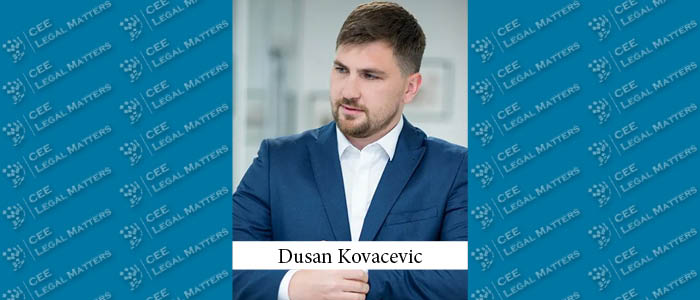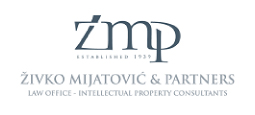After 17 years of being regulated under a unified legal framework alongside other industrial property rights, trademarks in Albania will now be governed by a dedicated legal instrument.
On August 16, 2025, Law No. 52/2025 On Trademarks will officially enter into force, repealing the trademark-related provisions of the 2008 Law on Industrial Property.
This marks a significant step forward in the modernization of Albania’s intellectual property system. In line with its path toward EU integration, Albania has harmonized its trademark legislation with key EU instruments, including Regulation (EU) 2017/1001 on the EU trademark; Directive (EU) 2015/2436 on the approximation of the laws of the member states relating to trademarks, and Directive 2004/48/EC on the enforcement of IP rights.
Key reform: Parallel Imports
One of the most notable innovations of the new law concerns parallel imports.
Paradoxically, while Albania continues to adhere to the national exhaustion principle, the practical enforcement of this principle had previously been severely limited. Under the old legal framework, state authorities (such as customs or market surveillance inspectorates) were only authorized to act against counterfeit goods, leaving trademark owners with limited options to stop unauthorized parallel imports unless they first obtained a court order.
Under the new law, the term “counterfeit goods” has been removed. As a result, trademark holders may now initiate administrative proceedings to block parallel imports directly through enforcement authorities, without needing a prior court decision. This makes the legal tool of national exhaustion not only legally valid but also practically enforceable.
Other key innovations compared to the previous legal framework
- Enhanced protection of international trademarks registered via the Madrid System (WIPO), with enforceability within Albania.
- Introduction of clearer definitions and more streamlined procedures for:
- trademark registration,
- transfers, and
- licensing.
- Strengthened rights of prior trademark holders.
- Explicit prohibition of bad-faith applications by agents or representatives without the owner’s consent, including the right to oppose and refuse such filings.
- Improved enforcement mechanisms, including the ability to claim damages in cases of infringement.
- Expanded role of competent authorities in tackling unauthorized use of trademarks.
- Clear grounds for revocation and invalidity, including:
- non-use,
- violation of absolute or relative grounds for refusal, and
- bad-faith applications.
Conclusion
The adoption of this law is a direct result of Albania’s EU integration process and the need to harmonize national legislation with the European legal framework.
In many ways, it also confirms a broader truth: intellectual property law is one of the most harmonized areas of law in the world. Whether you’re an innovator in Tirana or in Berlin, the principles protecting your brand are now more aligned than ever.
This text is for informational purposes only and should not be considered as legal advice. Should you require any additional information, feel free to contact us.
By Dusan Kovacevic, Counsel, ZMP


